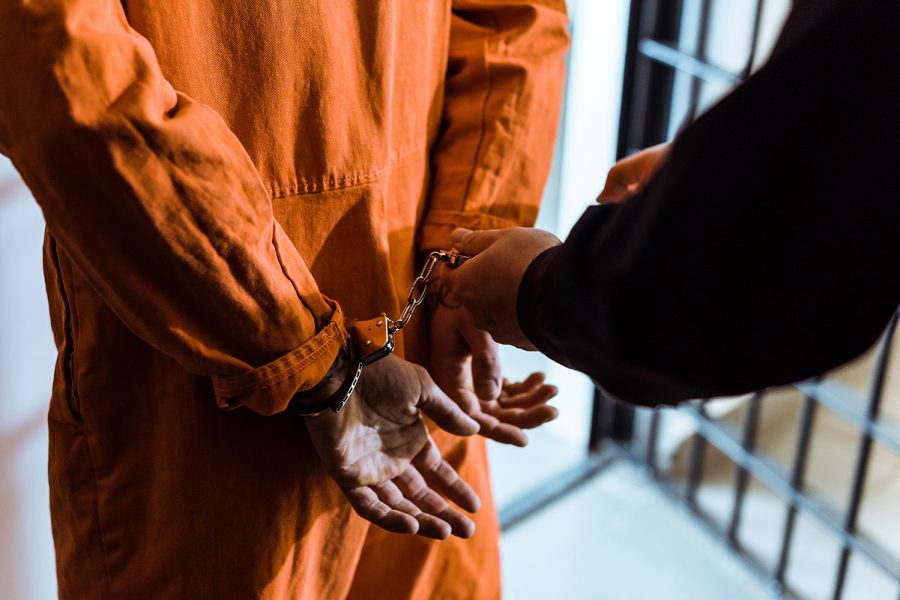In the state of Iowa, youth of color consistently continue to be disproportionately suspended in juvenile detention centers compared to their white peers.
The disproportionate suspension and detention rates of youth of color in Iowa’s juvenile justice system indicate deep-seated racial disparities. These issues need to be addressed through policy changes and community-level interventions to ensure equitable treatment and opportunities for all young people.This disparity has hardly budged over the past decade.
According to national data from the Sentencing Project, “Incarceration disparities between Black and white youth have remained stubbornly high. As of 2021, Black youth were 4.7 times as likely to be placed … in juvenile facilities as their white peers.”
In Iowa, Polk County Juvenile Detention Center had to temporarily open an additional wing in recent months because of an ongoing statewide problem of finding adequate space for the juvenile population.
Children are being placed further away from their families at the cost of thousands of dollars in transportation for Iowa taxpayers. In addition, Iowa’s most senior judicial officer warned that the state’s system for defending impoverished juvenile court clients is on the brink of collapse.
Something has to change. Building jails to house children is not the answer to ending the school-to-prison pipeline. State officials and national experts have called the approach costly, ineffective, and out of step with national best practices in dealing with at-risk children.
One way to address the disparities in the rate of arrests of young people of color is to improve the relationship between youth and the police.
Many communities have implemented training programs for law enforcement officers that aim to build their skills in facilitating more positive interactions with young people, especially those from minority communities. By reducing the number of arrests and improving the relationship between youth and law enforcement, the disparities in the justice system can be reduced.
On a state level access, we need to develop objective, structured decision-making tools, such as detention risk assessment instruments to help intake staff make objective, unbiased decisions regarding detaining a youth or exploring other options.
According to the ACLU, the current best practice to stop racialized disparities in juvenile detentions “is to use resources to prevent kids from entering the juvenile detention system altogether. Advocates urged the board to use the funds on prevention and rehabilitation instead.”
Ann Schwickerath, the executive director of the Davenport-based development nonprofit Project Renewal, urges communities in Iowa to invest in support and rehabilitation instead of incarceration, which researchers have found increases recidivism.
According to Schwickerath, “When you lock kids up, it’s not rehabilitating to them. It’s not helpful to them. Invest in other ways to strengthen local communities, address family needs, and reduce juvenile crime. Start listening to the youth who are speaking. We could really make a long-term difference and it wouldn’t be out of reach for all of us to work together and provide that.”
In the U.S., youth of color are overrepresented at every stage of the juvenile justice system. The disproportionate suspension and detention rates of youth of color in Iowa’s juvenile justice system highlight the urgent need for policy changes and community-level interventions to ensure equal treatment and opportunities for all young people.
Iowa must prioritize prevention and rehabilitation over incarceration, investing in support and rehabilitation instead of building more jails to end the school-to-prison pipeline. It is time for the state to listen to the voices of the youth and work together to provide the necessary services to reduce juvenile crime and strengthen local communities.
Columns reflect the opinions of the authors and are not necessarily those of the Editorial Board, The Daily Iowan, or other organizations in which the author may be involved.










